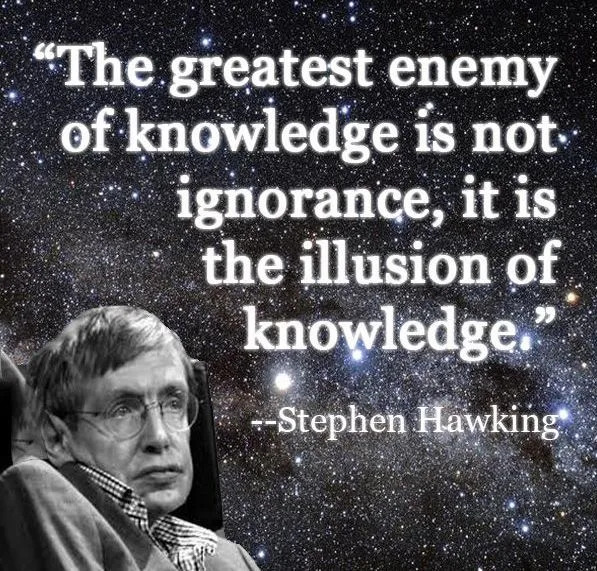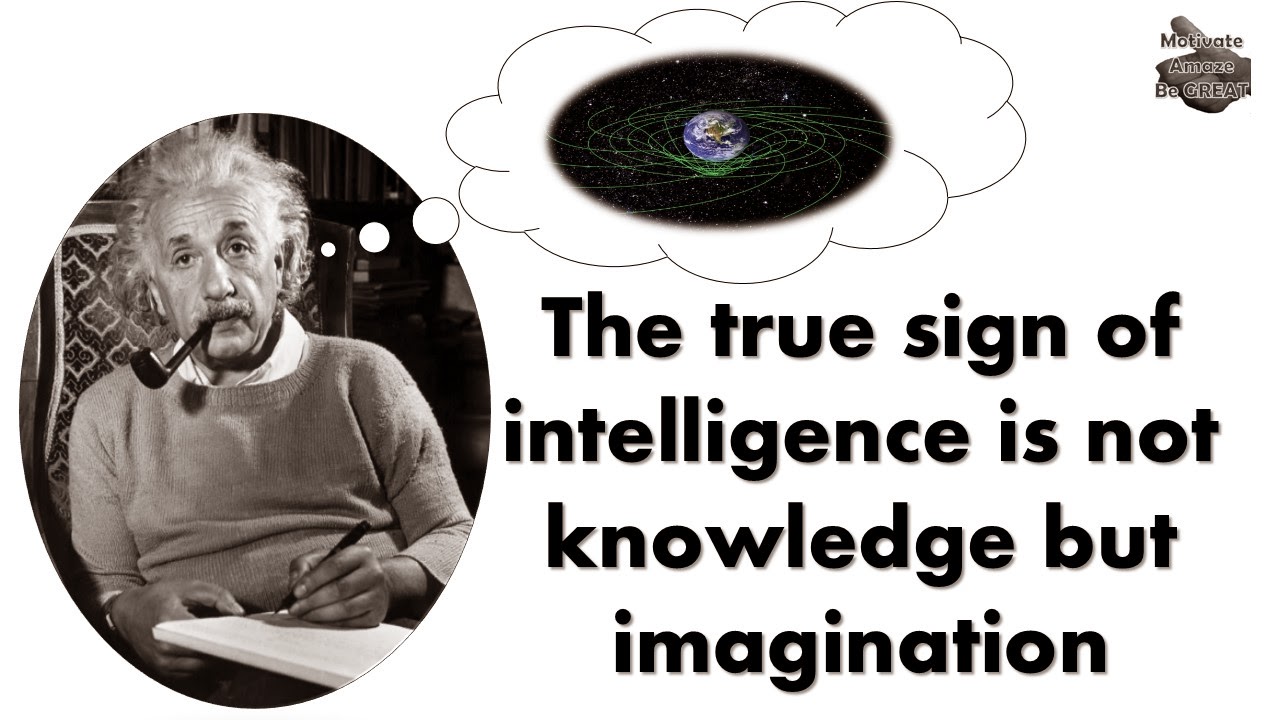Gee wrote: ↑January 9th, 2023, 12:34 amMaybe some would forget their NDE but I think it more likely that they had none, like being under general anaesthetic. When brains die, they don't die at the same rate. Different parts will fail first, depending on the condition. If the thalmus fails, for instance, then it's lights out. I've been interested in NDEs for some years now, and it does seem that those in coronary wards are the most likely to have a significant NDE. I'm guessing that heart-related deaths may result in a similar sequence of shutting down in the brain.Sy Borg wrote: ↑January 7th, 2023, 9:28 pm There's no doubt that afterlives happen, though not to everyone. The question is how long they subjectively last. Generally, a clinically dead person has a number of minutes of oxygen in their brain. So, yes, the people are dead to the outside world but they still living a life in a final dreamworld.Actually, I suspect that it does happen to everyone, it is just that everyone does not remember, or maybe does not want to remember. I have been studying this for decades and think that life, death, and reincarnation are all part of the process that we call evolution. I know that idea is kind of "out there", but if one studies all of the different aspects of death/consciousness, it starts to make sense.
The question of how long they subjectively last is a good one. The answer, I think, relates to bonding. The brain, I think, takes six minutes to completely die, but other organs take longer and the body as a whole can take hours or even days for all cells to die depending upon the circumstances of the death. When does subjectivity end? With the death of the brain, the death of the whole body, or the demise of the chemical make up of the body? It is interesting to note that religions that believe in everlasting heaven try to preserve the body, but religions that believe in reincarnation tend to want to terminate the body to release the subject, often burning it. Is this because they suspect a bond between the subject and the body?
It is also interesting to note that the people who witness paranormal phenomenon regarding death also tend to witness it within a few hours or a few days of death -- which matches the breakdown of the body. Interesting. Also note that people, who have interactions with "spirits" are mostly people, who are at the scene of the death or people who have a bond with the deceased.
Sightings of "spirits" or "ghosts" after the first few days are almost always associated with a location or a person, who has a relationship with the deceased, or is in a bloodline, family, of a person who is deceased. All of this implies bonding with something physical. It does not imply an other dimension, although I suppose that is possible.
Gee
While there's objectively a few minutes of brain oxygen left at the time of clinical death, we cannot say how long that lasts subjectively. People have gone through NDEs that may only last for minutes, but it feels to them like days, or longer. The nature of these experiences vary and, if a person is undergoing intense fabulous or nightmarish experiences, that may well feel like eternity. It's possible that heaven and hell reside in that brief window of final brain operation with subjective time dilation.
As for paranormal observations after a death, I am skeptical. If detections of dead spirits are not imaginary, then there must be an extra dimension (or more) with a relationship to space and time that is closer to that of dreams than waking reality. Millions, maybe billions, live in hope that this is the case.
Putting aside practical concerns like suffering and grief, I see the problem of death is a problem of identity. IN a sense, we live forever in much the same way as the marines under Gunnery Sgt Hartman of Kubrick's Full Metal Jacket were said to live forever. Individual "cells" may fall away but the broader entity lives on, rather like the Ship of Theseus. Devotion to something greater is the key to eternal life, but it's an act of faith because they obviously won't be around to see what happens (unless undiscovered dimensions exist).


















































